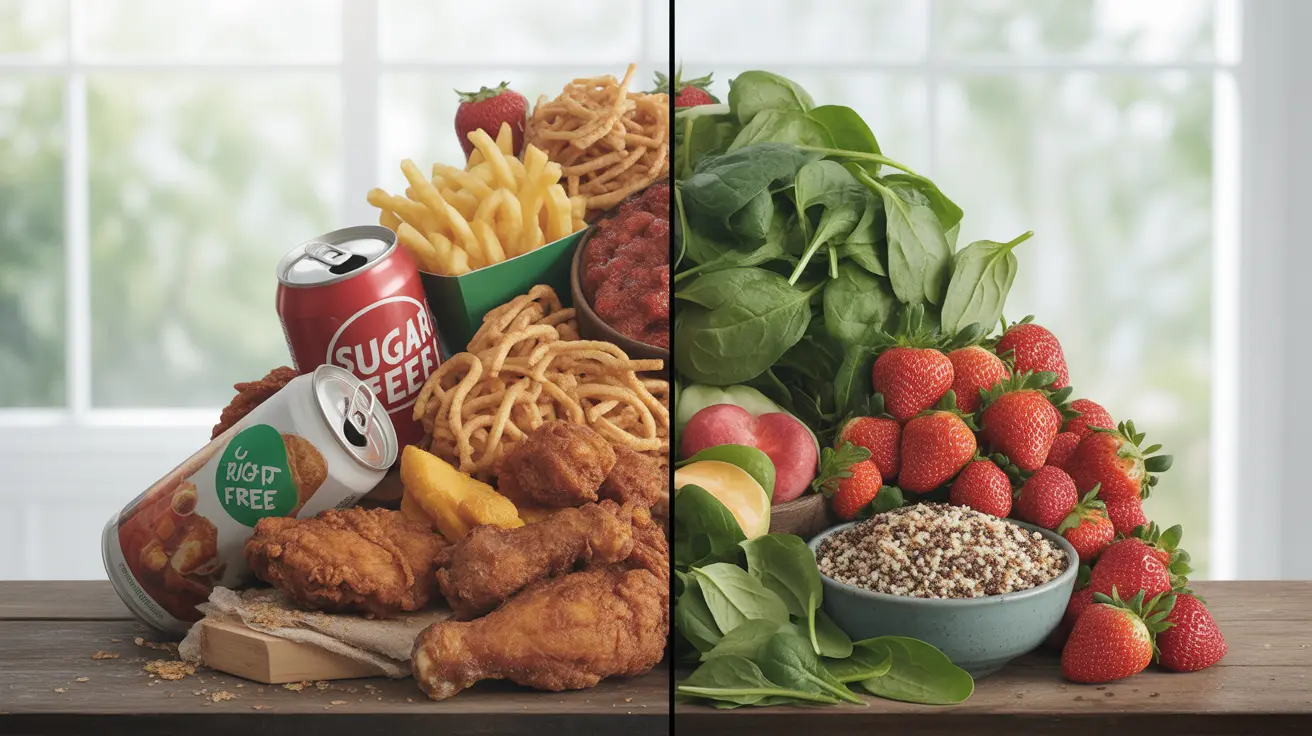Living with an enlarged spleen requires careful attention to your diet, as certain foods can either help manage or potentially worsen your condition. Understanding which foods to avoid is crucial for reducing inflammation and preventing further stress on your already compromised spleen.
This comprehensive guide will explore the dietary choices you should avoid when dealing with an enlarged spleen, helping you make informed decisions about your nutrition while managing your condition effectively.
Understanding the Impact of Diet on Spleen Health
Your spleen plays a vital role in filtering blood and supporting your immune system. When enlarged, it becomes more sensitive to dietary choices, making it essential to avoid foods that could trigger inflammation or place additional strain on this important organ.
Processed Foods and Their Effects
Processed foods can be particularly problematic for those with an enlarged spleen due to their high sodium content and artificial additives. These foods often contain preservatives and chemicals that may promote inflammation and complicate your condition.
Specific Processed Items to Avoid
- Packaged snacks and chips
- Processed meats (hot dogs, bacon, deli meats)
- Ready-to-eat meals
- Canned foods high in sodium
Sugar and Sweetened Beverages
High sugar intake can contribute to inflammation throughout the body, potentially affecting spleen function and overall health. Limiting or avoiding these sugar-rich items is recommended:
- Sodas and energy drinks
- Sweetened fruit juices
- Candy and desserts
- Flavored yogurts with added sugars
Alcohol Considerations
Alcohol can significantly impact spleen health and function. It can cause additional stress on your enlarged spleen and potentially interfere with its ability to filter blood effectively. Complete alcohol avoidance is often recommended during treatment and recovery.
Spicy Foods and Stimulants
Both spicy foods and caffeine can irritate your digestive system and potentially impact spleen function. While moderate consumption might be acceptable for some, others may need to limit or avoid:
- Hot peppers and spicy seasonings
- Coffee and energy drinks
- Strong teas
- Chocolate with high caffeine content
Red Meat and High-Fat Foods
Certain types of meat and high-fat foods can be harder for your body to process when dealing with an enlarged spleen. Consider limiting:
- Fatty cuts of red meat
- Fried foods
- Full-fat dairy products
- Heavy cream sauces
Frequently Asked Questions
What foods should I avoid if I have an enlarged spleen to reduce inflammation and spleen stress?
Focus on avoiding processed foods, high-sodium items, and foods rich in artificial additives. Additionally, limit red meat consumption and stay away from fried foods that can increase inflammation in the body.
Can sugary drinks or fast food worsen symptoms of an enlarged spleen?
Yes, sugary drinks and fast food can worsen symptoms by promoting inflammation and putting additional stress on your spleen. These foods often contain high levels of sodium, sugar, and unhealthy fats that can complicate your condition.
How does alcohol consumption affect spleen health when my spleen is enlarged?
Alcohol can significantly impact an enlarged spleen by causing additional stress on the organ and potentially interfering with its filtering function. It's typically recommended to avoid alcohol completely while managing an enlarged spleen.
Are there specific types of meat or processed foods that can negatively impact an enlarged spleen?
Yes, fatty cuts of red meat and processed meats like hot dogs, bacon, and deli meats can be particularly problematic. These foods are often high in saturated fats and preservatives that may increase inflammation and stress on the spleen.
Why should spicy foods and caffeine be limited if I have an enlarged spleen?
Spicy foods and caffeine can irritate your digestive system and potentially cause inflammation. They may also increase blood flow and put additional stress on your already enlarged spleen, potentially exacerbating symptoms.




